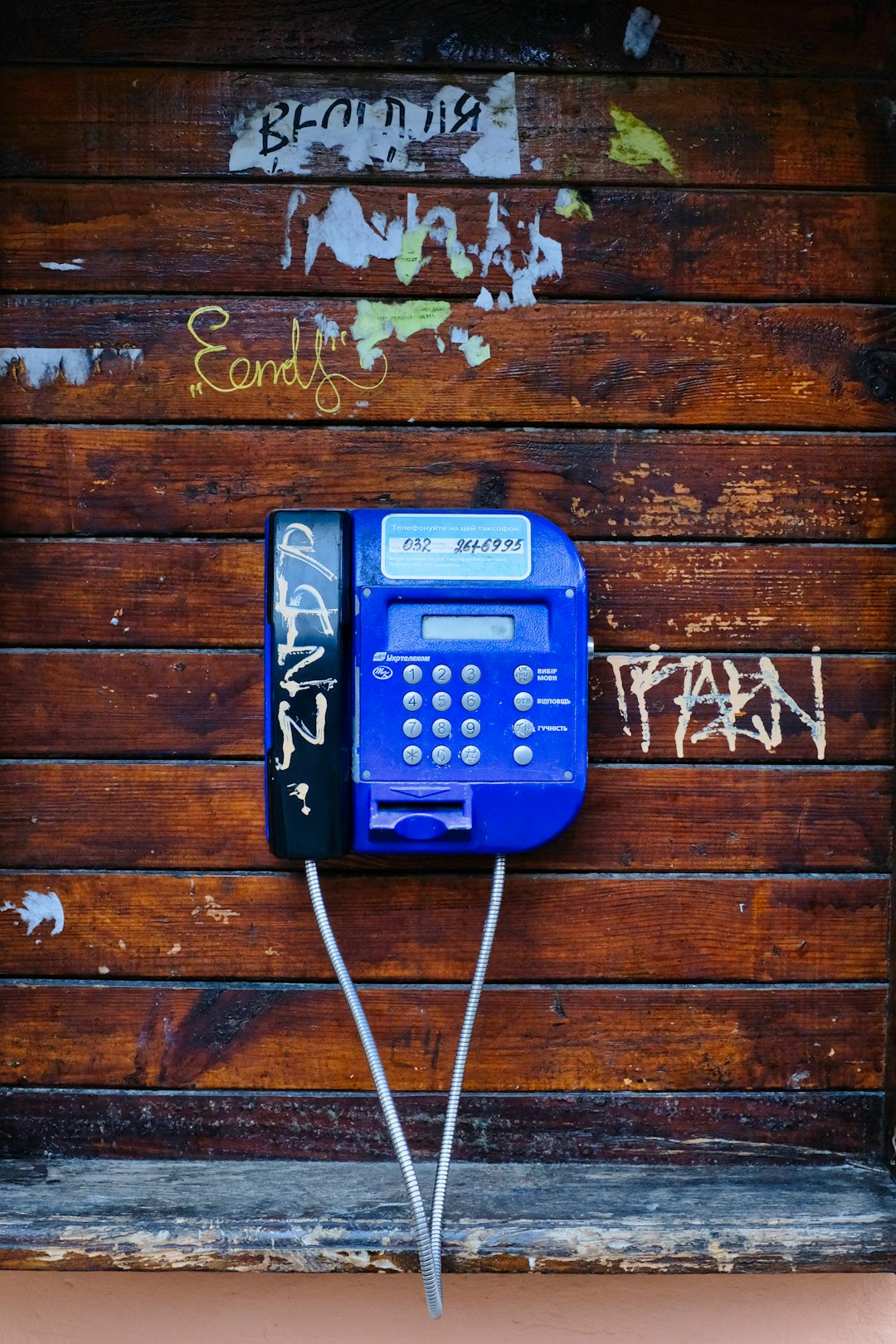In South Carolina, businesses must comply with the Telephone Consumer Protection Act (TCPA) and mini TCPA laws to protect residents from unwanted phone calls and texts. Engaging a Do Not Call Attorney South Carolina is essential to navigate these regulations, ensuring marketing strategies respect consumer privacy while avoiding substantial fines and reputational damage. Compliance involves implementing strategic practices like maintaining current contact lists, employee training, and leveraging technology for automated checks. These attorneys guide companies in obtaining consent, honoring do-not-call requests, and providing opt-out mechanisms, fostering better customer relationships.
“The Telephone Consumer Protection Act (TCPA) and its mini laws in South Carolina have significantly shifted the dynamics between businesses and consumers. This article delves into the impact of these regulations on local companies, exploring how they affect marketing strategies and customer interactions. We’ll guide you through the intricacies, providing insights on compliance strategies for businesses. Additionally, discover the vital role a Do Not Call Attorney South Carolina plays in navigating these complex regulations to ensure legal protection.”
Understanding the TCPA and Its Mini Laws in South Carolina

In South Carolina, like many states, the Telephone Consumer Protection Act (TCPA) regulations have been adapted to protect residents from unwanted phone calls and texts. The TCPA is a federal law designed to curb abusive practices by telephone marketers, giving consumers the right to sue for damages if their privacy is invaded. In South Carolina, these protections are further reinforced through mini TCPA laws that specifically address do-not-call lists and consumer consent.
For businesses operating in South Carolina, understanding these mini TCPA laws is crucial to avoid legal issues and fines. The state’s regulations require companies to obtain explicit consent from consumers before placing telemarketing calls or sending text messages. A Do Not Call Attorney South Carolina can guide businesses on how to navigate this landscape, ensuring compliance with the law and fostering better customer relationships by respecting consumer preferences.
How Do These Laws Affect Businesses?

The mini TCPA (Telemarketing Consumer Protection Act) laws in South Carolina significantly impact businesses, especially those engaged in telemarketing and phone marketing activities. These regulations, designed to protect consumers from unwanted calls, have led to stricter guidelines for businesses operating within the state. Any company making outbound telephone calls must now adhere to strict do-not-call policies and obtain explicit consent from recipients, or face severe legal repercussions.
For businesses, this means implementing robust systems to ensure compliance, including accurate caller ID displays, automated opt-out mechanisms, and rigorous training for staff involved in marketing efforts. Failure to comply can result in substantial fines and damage to the company’s reputation. Engaging a Do Not Call Attorney South Carolina to navigate these regulations is becoming increasingly vital to help businesses avoid legal pitfalls and ensure their marketing strategies remain effective while respecting consumer privacy.
Strategies for Compliance: What South Carolina Businesses Need to Know

South Carolina businesses, especially those in close contact with consumers, need to be aware of and prepare for the impact of mini TCPA (Telemarketing Consumer Protection Act) laws. Compliance is crucial to avoid legal repercussions and fines, as these regulations strictly govern telemarketing practices. Businesses should implement robust do-not-call attorney strategies in South Carolina to ensure they respect consumer privacy and preferences.
One key step is to maintain an accurate and up-to-date consumer contact list, allowing for easy verification against the National Do Not Call Registry. Additionally, training employees on telemarketing practices and ensuring they understand the mini TCPA requirements is essential. Businesses should also consider employing technology solutions that automate compliance checks and provide comprehensive tracking of customer preferences to remain in line with South Carolina’s strict regulations.
The Role of a Don't Call Attorney in Navigating These Regulations

In South Carolina, as in many states with mini TCPA (Telephone Consumer Protection Act) laws, businesses must adhere to strict regulations regarding telemarketing and consumer privacy. This is where a specialized Do Not Call Attorney South Carolina comes into play. These attorneys are experts in navigating the intricate web of rules and guidelines designed to protect consumers from unsolicited calls and texts. They help businesses ensure their marketing practices comply with state laws, thereby avoiding costly fines and legal issues.
A Do Not Call Attorney South Carolina assists companies in understanding when and how to obtain consumer consent for phone calls and messages. They guide businesses through the process of maintaining accurate caller ID information, honoring do-not-call requests, and providing consumers with easy opt-out mechanisms. By engaging such an attorney, businesses can foster better customer relationships while steering clear of legal pitfalls associated with non-compliance.






